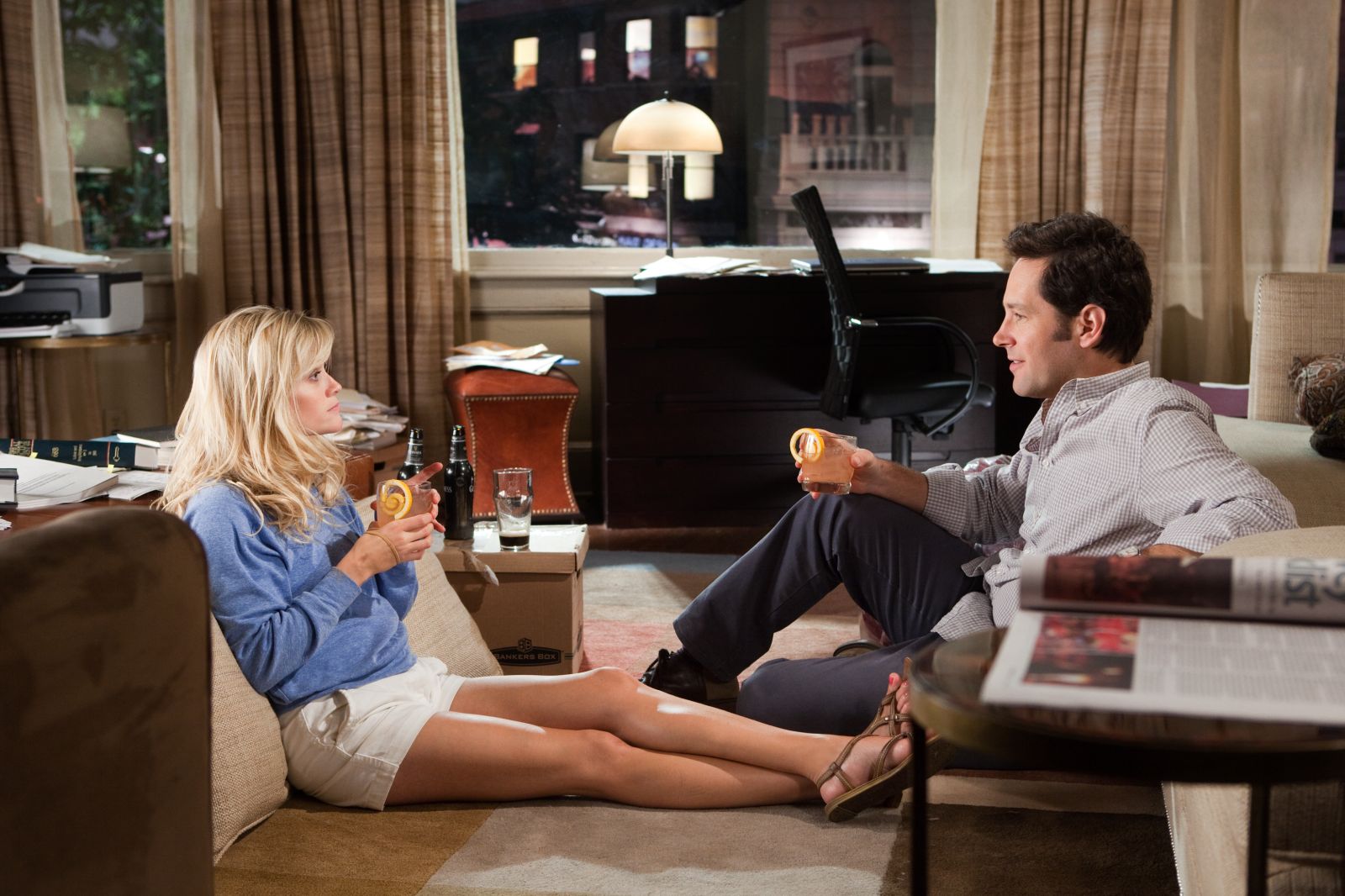Reese Witherspoon is, in a word, sparkly. I used to think this was something she couldn’t turn off, but “How Do You Know” taught me that she is in fact capable of being unpleasant.
For an actress revered for her roles as strong and outspoken characters, she is mistakenly cast as an incessantly pouty, indecisive former softball player whose brow never entirely unfurrows in this generic romantic comedy.
Lisa (Witherspoon) is searching for her next step, now that she’s considered ancient in the softball world, when she starts spending time with genuinely nice guy George (Paul Rudd), who’s facing a predicament of his own: indictment. His crisis is considerably worse than hers, yet he’s the one in their relationship who has to try to perk the other one up. After silently bonding over their bad days, George is smitten, but he has a professional athlete and a possible jail sentence standing in his way.
Owen Wilson plays Matty, a player of baseball and the ladies. His generally fun take on life convinces Lisa to move into his penthouse apartment, which happens to be just a few floors above George’s dad (Jack Nicholson). Though their humor isn’t exactly outside of the box for either of these actors, it’s Wilson’s loveable sleazeball persona and Rudd’s charismatic physical comedy, such as literally running away from bad news, that move along this tired storyline of girl finds love and herself.
Though they deliver, the rest of the all-star cast that the film so highly publicized comes off as underused, specifically Nicholson. He won his Academy Award for Best Actor from working with the same writer-director, James Brooks, on 1997’s “As Good As It Gets,” so you can’t help but expect something great. Unfortunately, Brooks created an entire troupe of one-dimensional roles. And because Nicholson tends to play nasty characters on the outside, his you-love-me-in-spite-of-me charm doesn’t really work if he doesn’t get a chance to redeem himself.
Witherspoon’s presence is misused as well, because she constantly leads you to believe she’s about to deliver a line that lets you know the entertainment is about to start, only to repeatedly let you down. She’s a downer throughout the entire movie, even when she’s giving herself five-second pep talks, whether she’s quoting her father or one of her clichéd inspirational notes taped to her bathroom mirror.
With so much talent and potential driving this film, it’s a wonder why they resort to all the same old moves, such as Lisa’s shrug at the end when she’s standing before the winner of her heart, an OK-let’s-do-this shrug straight out of “The Notebook,” if not a dozen other movies.
Perhaps what keeps the film at arm’s length the most is the non-relatable nature of the characters. Only a tiny fraction of viewers can relate to forced retirement from a professional sport, or a federal lawsuit involving bad business in the Middle East, but fictional characters are supposed to have more glamorous/dramatic aspects than the rest of us; it’s the basic stuff like looking for love that’s meant to hook our two-second attention span.
Problem is, Lisa doesn’t convince that even in the end she’s ready to give love a try, regardless of her actions. She’s so morosely indecisive about everything, which, to be fair, may realistically speak to a lot of people out there. But when you’re the protagonist of a movie, you’ve got to find something to fight for.
